Have you ever fantasized about going to a mall, or your friends place by air? Or do you want a flying car just like Harry Potter’s Flying Ford Anglia? Well, it seems that flying cars no longer remain a fantasy. We live in a fast transforming world that needs better and efficient mobility solutions, now more than ever.
Many companies from around the world are working towards innovating such new mobility solutions. The European automotive sector invests around 45 Billion Euros per year in Research and Development, in order to find clearer, smarter and safer mobility options. Reducing carbon footprint is becoming a target in every sector.
Very soon, air taxis are set to become a common sight. Until they can fly autonomously, this industry will need many pilots. Clean air transportation is very well on track to be a serious reality and with it will follow the employment opportunities for these pilots. Last year, the German aviation startup Lilium had shared a footage of its electric air taxi flying at speeds of up to 100 kilometers per hour. It aims to launch commercial flights by 2025.
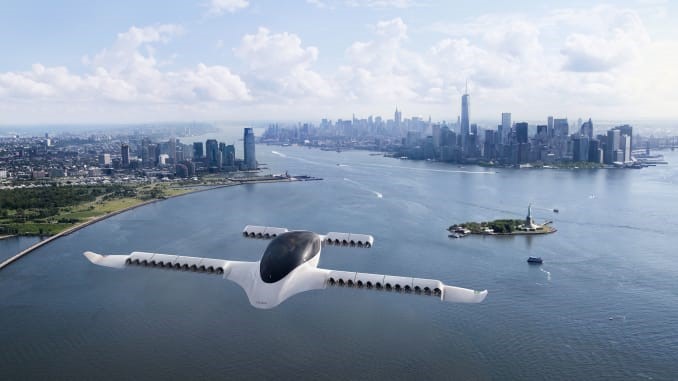
The electric vehicle (EV) market is also growing at a fast pace. Three main drivers of the EV market are government policies, the Tesla effect, and lower battery costs. The history of electric vehicles started in the early 1800s, but it took off only in recent years when Tesla entered the market of electric cars and has now made a splash with its stocks trading at profit despite the pandemic. In 2019, EV sales crossed 2 million globally. Many countries are now willing to increase the number of electric cars as the sensitivity towards sustainable development is increasing. Currently, China is leading the EV sector with a market share of around 50%. Many startups are coming up with e-bike and e-scooters that can be easily rented using an app and are cost effective as well. Some examples are India based Aether Energy, Yulu and BattRe that are manufacturing electric two-wheelers.
People want transportation that would make their lives easier, solutions that can help reduce traffic congestion, reduce pollution, ensure safety on roads. Today every country aims to achieve clean, smart and safe mobility.
Clean Mobility
Clean mobility is a part of a broader term called sustainable transportation. Thanks to e-mobility, power trains and intelligent, improved transport systems, we can expect future transport related emissions to fall down. Many organisations in Europe are working towards Clean Mobility vehicles, with an increasing amount of investment in automobile industry for more efficient vehicles. Few examples are-
- The Clean Mobility Center (Netherlands)– It focuses on innovative solutions for all forms of transport which have the potential to become more sustainable: private, public and freight. Currently they are undertaking 4 projects- Nefusta: charging and refuelling station, Allego: Charge and Go solutions, Charging Plaza 3.0 and In-motion charging.
- Faurecia (France) – With the help of strategic partnerships with companies and academia within an open innovation ecosystem, Faurecia address two key aspects of mobility: a safer, comfortable and intuitive experience and Sustainable Mobility for cleaner and more environmentally-friendly transportation around the world. Even during the time of COVID-19, the company received a strong order intake of €12 billion during the first half of 2020 and also 31 customer recognition awards.
- SMEG (Monaco)- Since 1989, SMEG has promoted the development of clean vehicles. Today, electric vehicles represent almost 40 % of its own two and four-wheel fleet.
- eMotorWerks (USA)– eMotorWerks, an Enel Group Company, is an EV infrastructure company, based in San Carlos, California. It is an energy services platform for EV charging and other shiftable loads. It has over 8,000+ of its own charging stations in operation with access to 50,000+ stations from its partners. eMotorWerks is one of the largest aggregators of EV charging load in USA and has contracts with all three largest California utilities to provide energy services from that capacity.
Road transport is also likely to become much cleaner in the coming decades. For example, Truck platooning which is the linking of two or more trucks in convoy via wireless communications, will become common all over Europe, saving fuel and reducing CO2 emissions by up to 10%.
Smart mobility
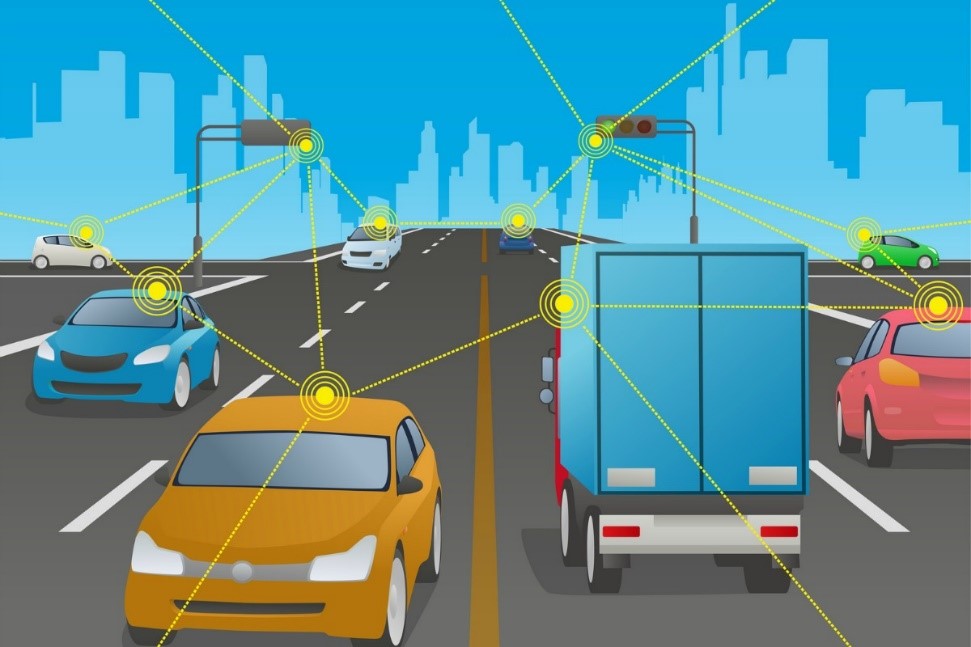
In today’s congested world smart mobility has become the need to the hour, not only because of traffic but also the related side effects like pollution, time wastage and fatalities. Some key features of smart mobility apart from clean technology and safety include-
- Flexibility- Multiple modes of transport.
- Efficiency- Minimal disruption and timeliness.
- Integration- Planned routes
- Accessibility- Should be accessible to all and affordable as well
- Social Benefit- Should be beneficial to the society as a whole and not just a particular segment.
Manufacturers are spending significant amounts on R&D to provide innovative mobility solutions. In future we can expect a transportation landscape where in private cars, trains, bus, bicycle and freight traffic to be woven into a connected network that would save time and money. The sharing economy will continue to grow.
Some of the top smart mobility companies are-
- Moovel, Multimode Travel Application– It is a German company that develops Mobility-as-a-Service (MaaS) platform. It combines and facilitates the use of multimode transport and shared mobility services such as public transport, on-demand services, vehicle sharing, bike-sharing etc. Customers can easily plan, book and pay for the services using an integrated account.
- Mobility Sensing– It is a Netherlands based startup that has created a compact IoT device full of sensors, StreetSense. The device counts traffic, monitors road temperature and can tell if the road is wet, dry or scattered. The road authorities can access this information.
- LightMotion BV– This Amsterdam, Netherlands based company is developing lampposts with smart technology that will provide charging points for an electric car. The company is aiming to create a smart city system for the city of the future.
- Moovit (Israel)- Moovit is a Mobility as a Service (MaaS) app which integrates various forms of transport, such as local bicycle services, ride-hailing, car-sharing and more into the Moovit app. In 2017 they had launched a suite of MaaS solutions to help cities, governments and transit operators improve urban mobility in their cities.
Safe Mobility
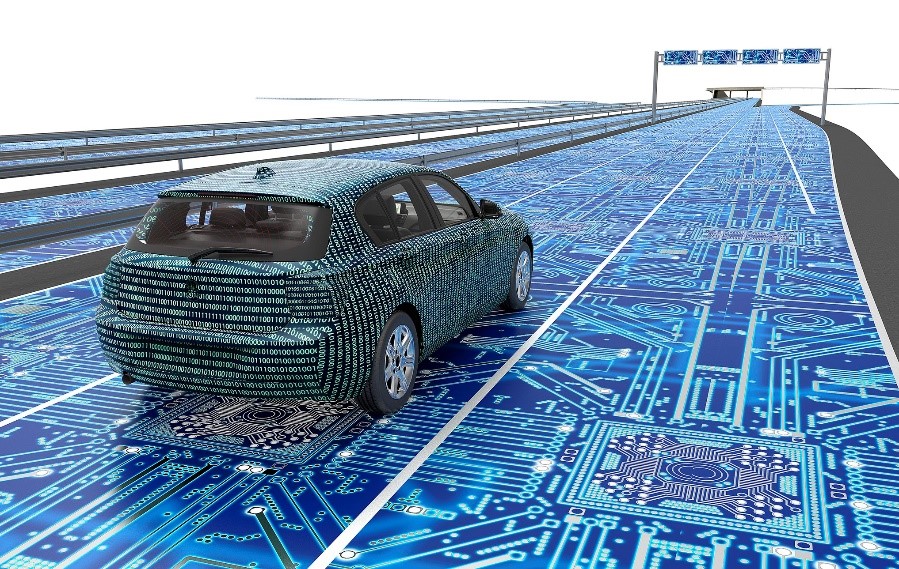
An increase in the number of vehicles on road means a rise in accidents as well. In coming years, with the help of advanced technology vehicles will be equipped with smart safety systems. Smart mobility will help provide safety information like wet roads, roads under construction, possibility of landslides etc. that will ensure safety of the driver and passengers. Clear traffic signs, well maintained lanes will ensure less accidents.
Many manufacturers have started making automated cars that aim to reduce possibility of accidents due to human errors. Just like we saw in the Prime web series Upload, our cars might be able to take us to our destination while we take a nap! Some of the autonomous vehicle companies to watch out for in 2020 are-
- Waymo– Google parent Alphabet’s Waymo subsidiary is quite ahead in the industry of autonomous driving, as measured by number of vehicles operating, number of kilometers driven (32 million in the real world and more than 16 billion in simulation) and the sophistication of its technology. Waymo cars not only use cameras, LiDAR, and radar sensors but also microphones to detect sirens from emergency vehicles.
- Argo AI– Ford Motor Company’s Argo AI startup is testing its 100 vehicles in at least six cities in the United States so far. It has also attracted a US$ 2.6 billion investment from Volkswagen. Ford and VW want Argo to manufacture self-driving technology for other companies for fleet-based services such as robo-taxis and delivery firms in the beginning stages.
- Baidu– China based company Baidu has run more than 300 autonomous test vehicles on Chinese roads. Like Google, Baidu had also started in the search engine business but soon branched out into other areas. The market for autonomous vehicles and mobility services in China is set to reach approximately US$ 500 billion by 2030.
According to a study, a 70% reduction in accidents can be achieved by shifting to self-driving vehicles. Advanced driver assistance systems (ADAS) is playing an important role to prepare policy makers, customers, and companies to allow cars taking over control from drivers.
A British startup FiveAI is developing autonomous vehicles by creating a software relying on machine learning to achieve full autonomy. High-resolution cameras, LIDAR (Light detection and ranging), IMS (Internal Mode Switches), radar, ultrasound, audio, and GNSS (Global Navigation Satellite System) are being used to understand the car’s environment.
In future, we will be faced with many new mobility challenges. Therefore, there is a greater need to keep experimenting and designing new solutions that would help people optimize their transportation through on-demand solutions and affordable and efficient options.
We try our best to fact check and bring the best, well-researched and non-plagiarized content to you. Please let us know
–if there are any discrepancies in any of our published stories,
-how we can improve,
-what stories you would like us to cover and what information you are looking for, in the comments section below or through our contact form! We look forward to your feedback and thank you for stopping by!

























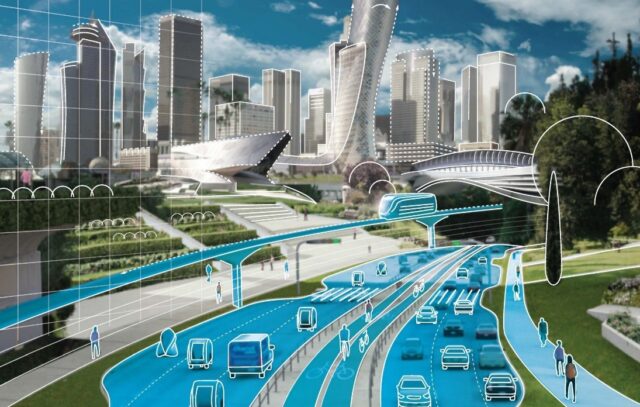
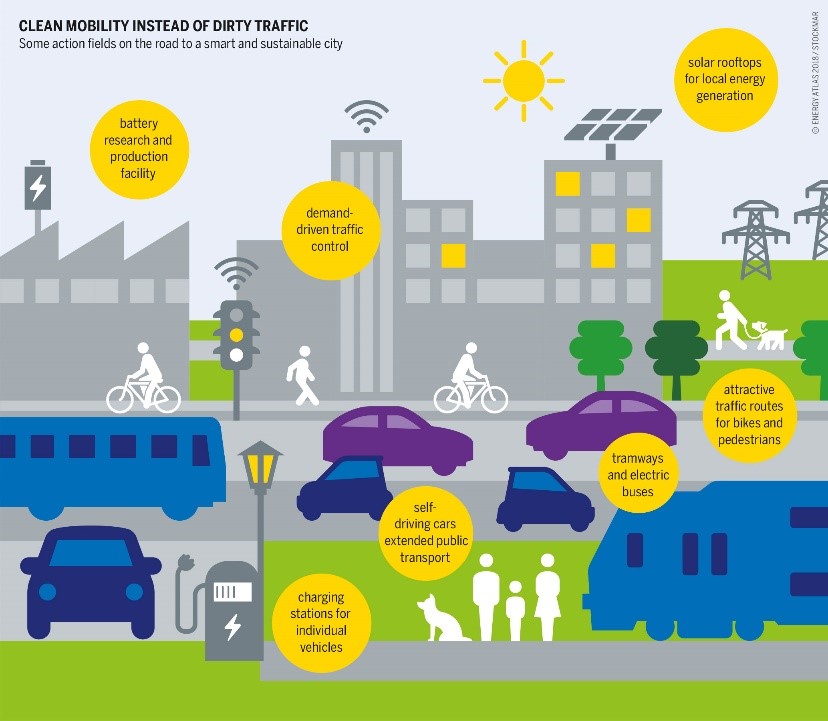








[…] The Future Mobility Scene […]